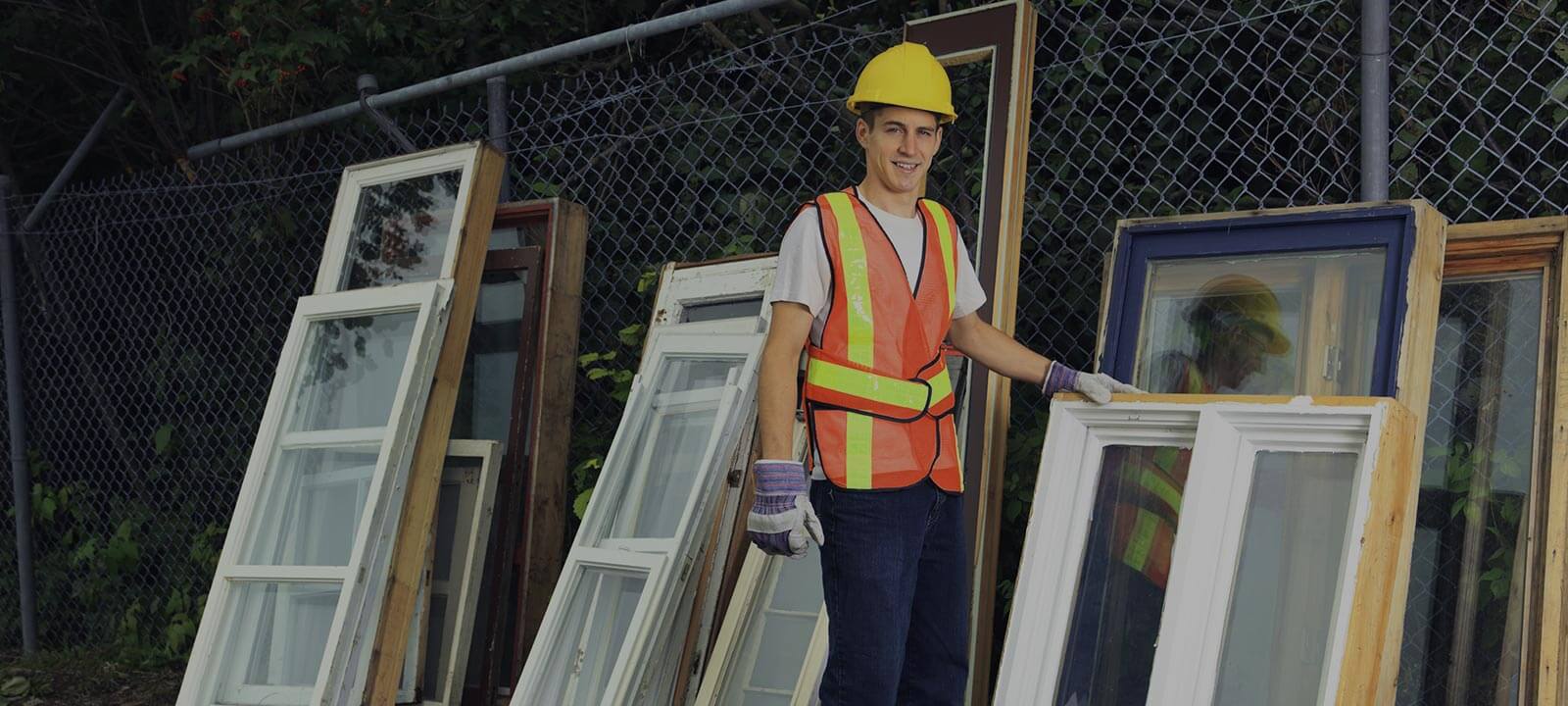London, the capital city of England and one of the most iconic cities in the world, is also home to a massive population of over 8 million people. With such a large population comes great responsibility, particularly when it comes to taking care of the environment. Recycling and cleanliness are two crucial factors that contribute towards maintaining a sustainable and healthy environment. In this article, we will take a closer look at the state of recycling and cleanliness in London, assessing its current status and exploring ways to improve it.
The Current State of Recycling in London
According to recent statistics, London recycles only around 33% of its waste. This is significantly lower than the national average of 45%, making London one of the worst-performing cities in terms of recycling in the UK. This low recycling rate is due to several reasons, including lack of awareness, inadequate infrastructure, and inconsistent recycling policies.
One of the major issues with recycling in London is the lack of standardized recycling practices across different boroughs. Each borough has its own guidelines and collection methods, causing confusion among residents and leading to contamination of recyclable materials. As a result, a significant amount of recyclable waste ends up in landfills instead of being reused or repurposed.
Another challenge faced by London's recycling system is its outdated infrastructure. The city's waste management facilities are struggling to cope with the ever-increasing amount of waste being produced. As a result, there have been numerous reports of overflowing bins and delayed collection services, creating an unhygienic and unpleasant environment for residents.
The Cleanliness Situation in London
Apart from recycling, another critical aspect for maintaining a healthy environment is cleanliness. However, unfortunately, London has also been struggling with this issue. Reports show that only 58% of streets in London are considered clean based on government guidelines. This is concerning, as cleanliness not only affects the overall appearance of the city but also has a significant impact on public health.
Some of the major factors contributing to the cleanliness issue in London include littering, inadequate waste management services, and lack of enforcement of anti-litter laws. The city's high footfall and tourism also add to the problem, putting additional pressure on already overburdened cleaning services.
The Pros and Cons
The low recycling rate and cleanliness issues in London have several consequences, both positive and negative. On the one hand, inadequate recycling leads to an increased carbon footprint, contributing to climate change. On the other hand, it also means that valuable resources are being wasted instead of being reused or repurposed.
Similarly, the cleanliness situation in London has its own set of pros and cons. A clean city can improve the quality of life for residents by reducing air and water pollution, minimizing health risks, and creating a pleasant living environment. However, it also comes with a financial cost, as the city spends millions on waste management and cleaning services every year.
Tips to Improve Recycling and Cleanliness in London
Improving recycling rates and cleanliness levels in London may seem like a daunting task, but there are steps that can be taken to make a positive impact. Here are some tips that can help:
1. Increase awareness: Educating residents about the importance of recycling and keeping the city clean is crucial. This can be done through campaigns, workshops, and community events.
2. Standardize recycling practices: Having a unified policy for recycling across all boroughs will help reduce confusion among residents and improve recycling rates.
3. Invest in infrastructure: Modernizing waste management facilities will enable them to handle the increasing amount of waste efficiently.
4. Enforce anti-litter laws: Strict enforcement of laws against littering will discourage people from disposing of waste irresponsibly and help keep the city clean.
Takeaways
- London recycles only 33% of its waste and has cleanliness issues, creating an unhealthy environment for residents.
- The lack of awareness, inadequate infrastructure, and inconsistent policies are some of the major challenges faced by the city's recycling system.
- Littering, inadequate waste management services, and lack of enforcement are contributing factors to the poor cleanliness situation in London.
- Improved awareness, standardized policies, investment in infrastructure, and stricter law enforcement can help improve recycling rates and cleanliness levels in the city.
Conclusion
In conclusion, it is evident that there is room for improvement when it comes to recycling and cleanliness in London. With a collaborative effort from the government, waste management authorities, and residents, the city can take significant steps towards becoming more eco-friendly and maintaining a clean and healthy environment. It is essential to remember that small actions from individuals can have a collective impact on making London a greener and cleaner city for generations to come.
Our family
-

Handy gardeners
-

Handy rubbish
-

Handy moves
REQUEST SERVICE
Telephone: 020 3795 6991
Opening Hours: Monday to Sunday, 07:00-00:00
Postal code: W1J 6EJ
City: London
Country: United Kingdom
Web: https://wasteremoval.org.uk/
Description: Try our superior waste removal services in London and become one of our satisfied clients. Reserve your appointment on 020 3795 6991 and get a free estimate!


